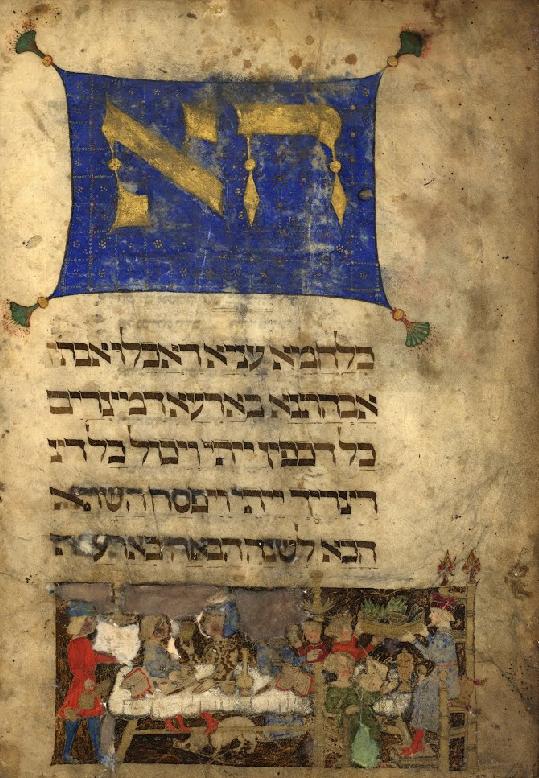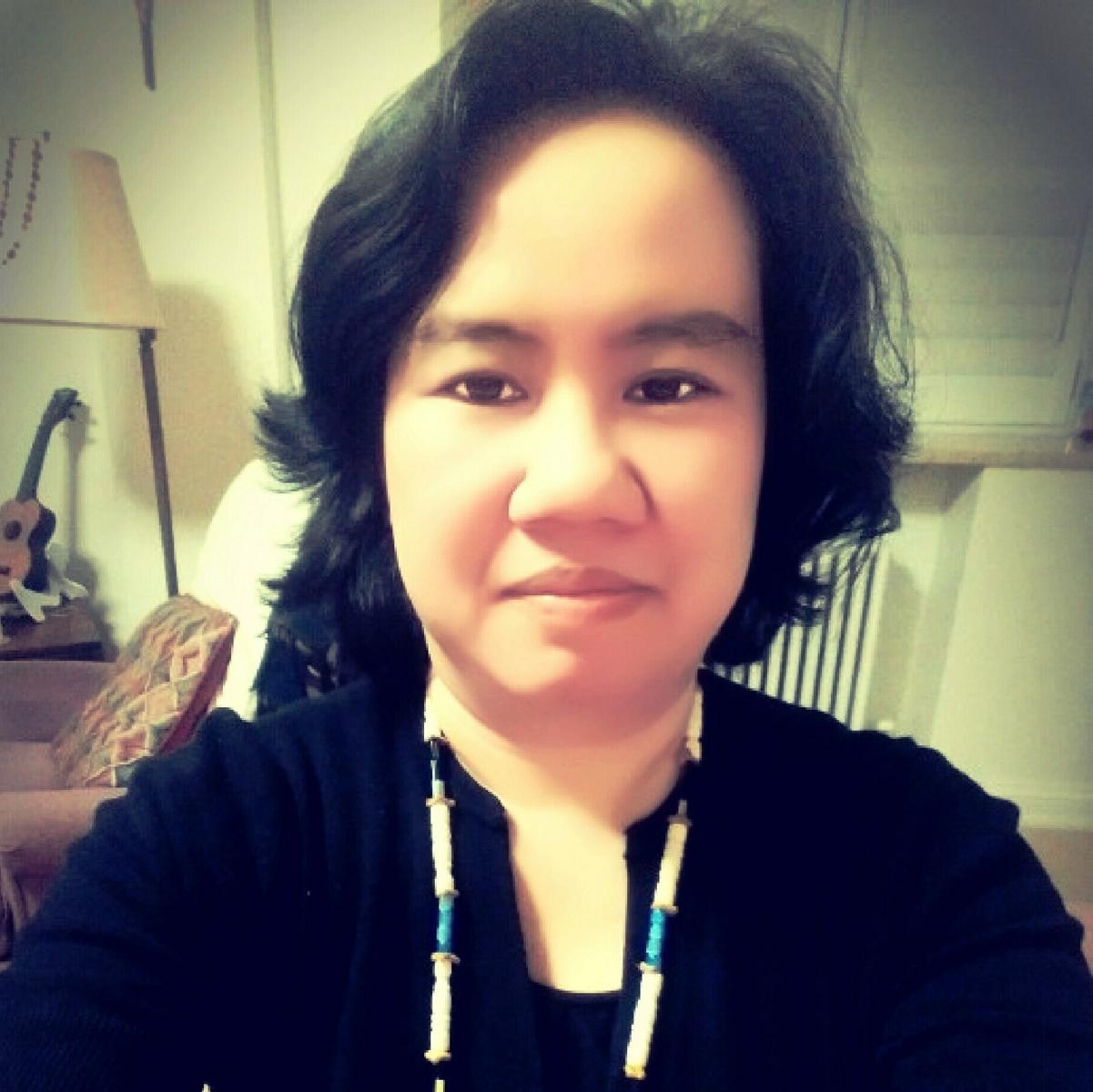
Eighth Day of Passover
♦
Eighth Day of Passover
Sr. Petite Lao, RNDM
April 23, 2019
Today is the eighth day of the Feast of Pesach or Passover. For Christians, it would be hard for not to think about it considering that we are also celebrating Easter. So, it is better that we acknowledge it first and, then, delve into the text customarily read in the diaspora on the eighth day of Pesach. In the Christian context, Passover is associated with the sacrifice of Jesus, the feast/meal before his crucifixion, so it is remembered in a somber tone. In the Jewish tradition, it is the commemoration of redemption, celebrated in festive tone. However, regardless of the emphasis, what the reading is inviting us to do is to live our lives as redeemed people.
The reading for this final day of Passover includes injunctions regarding tithes, cancellation of debt, release and retention of slaves, care for the vulnerable members of the community, animal sacrifice and instructions on how to celebrate the pilgrimage feasts of Pesach (Passover), Shavuot (Weeks) and Sukkot (Booths). We see instructions on how to live accordingly as redeemed people. How do and should former slaves behave? People who are subjected to oppression and victimization internalize the role. At times, it becomes their identity due to societal pressure and trauma that they have experienced. Oppressed and victimized people may lose their dignity or dehumanized by mimicking the perpetrator’s violent and abusive streak through fighting back within the rules of the game in which they were oppressed and victimized in the first place. Miroslav Volf describes repentance in this way: “To repent means to resist the seductiveness of the sinful values and practices and to let the new order of God’s reign be established in one’s heart” [Volf, 116]. The former slaves must experience teshuvah (repentance) in their new context.
This portion teaches how a people can break out of the mold of the cycle of violence that has permeated their life for many years. They now have to forge a new identity of a free people. For instance, they were instructed to enjoy a tithe of their harvest. We imagine that back in Egypt, they were using this to pay taxes imposed on them. Perhaps, they do not even have enough to live on. But as free people, they experience abundance. Every three years, they can collect these tithes for the vulnerable members of their communities. They were to make sure that no one becomes a slave of debt, of poverty, of an actual human master. While the Torah reading gives a peaceful picture, the Haftarah from Isaiah 10:32-12:6 shocks readers with the use of images that are far from idyllic, except verses in Isaiah 11:6-9. Here too, there is hope for change: “They will not hurt or destroy on all my holy mountain; for the earth will be full of the knowledge of the Lord as waters cover the sea” (Isa 11:9) Living in harmony and peace is a sign that we are redeemed.
For Reflection and Discussion: [1] Have you had an experience of redefining yourself and your identity? [2] What does it mean to be redeemed?
Bibliography: Volf, Exclusion and Embrace (Nashville, 1996)

Rothschild Passover Haggadah
Source: Google Arts & Culture

This week’s teaching commentary is by
Sr. Petite Lao, RNDM,
Toronto, Bat Kol alumna 2010, 2014
PLEASE NOTE: The weekly Parashah commentaries represent the research and creative thought of their authors, and are meant to stimulate deeper thinking about the meaning of the Scriptures. While they draw upon the study methods and sources employed by the ISPS-Ratisbonne, the views and conclusions expressed in these commentaries are solely those of their authors, and do not necessarily represent the views of ISPS-Ratisbonne. The commentaries, along with all materials published on the ISPS-Ratisbonne website, are copyrighted by the writers, and are made available for personal and group study, and local church purposes. Permission needed for other purposes. Questions, comments and feedback are always welcome.
Share this with your friends
Share on facebook
Share on google
Share on twitter
Share on whatsapp
Institute Saint Pierre de Sion – Ratisbonne – Christian Center for Jewish Studies
Congregation of the Religious of Our Lady of Sion
Contact us:
secretary@ratisbonne.org.il
26 Shmuel Ha-Naguid Street – Jerusalem
Subscribe to Newsletter

No responses yet